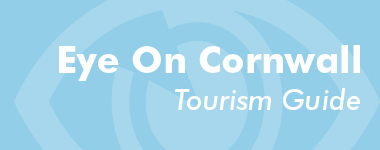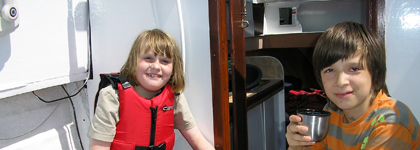







News | Autism Treatment
Respiratory Therapy Brings New Hope to Autistic Sufferers

Recently, a growing number of Cornish children have begun visiting the Advance Centre for therapies to help fight the affects of cerebral palsy. The Advance Centre also helps with sufferers of autism, their press release expands:
Breakthrough research shows that autistic children have abnormal development of the lower airways in their lungs (J. Autism Dev Discord 2012 Aug 28) and that autistics have a significant reduction in cerebral bloodflow in an area of the brain called the limbic system (Clin Med J 2011 124(9)) which disrupts the integration of information and the co-ordination of breathing with emotional state. Hyperventilation has already been identified as a trait in autism (Dev Med Child Neuro 19 87 (29)).
Research of this nature steadily increases credible support for a treatment for Autism called The Scotson Technique (TST) which treats breathing and circulation in children with autism. The home of the the Scotson Technique is a UK charity called Advance. Research into autism at Advance using computerised respiratory software shows the breathing of autistic children to be abnormally shallow, fast and upper thoracic, with poor synchronisation between the upper and lower thorax when compared with normal children.
This breathing pattern adversely affects blood circulation and oxygen delivery to the autistics child’s brain precisely at the time when enhanced oxygen delivery is required the help the integrate information so that the child can build up normal concepts. Moreover, fast shallow breathing also produces a spread of physiological problems for autistics including poor digestion and the poor health of the gastro-intestinal tract, lowered immunity disrupted sleep, lack of speech production and abnormal behaviour all of which can be successfully treated by improving their breathing.
TST was developed by Linda Scotson as a result of her own PhD investigation into breathing and child development and neurological disorders. Linda’s research began in order to help her own severely neurologically damaged son Doran to a normal life. Her work gradually became the foundation for the use of TST to treat autism and other neurological conditions.
TST was recently commended to parents of autistic children by Autism expert Dr Goyle at the Treating Autism Conference at Brunel University in September 2012. Parents learn the technique for home therapy. It requires no participation by the child, it is very gentle and can be successfully performed even when the child is asleep.
Story added 24th October 2012